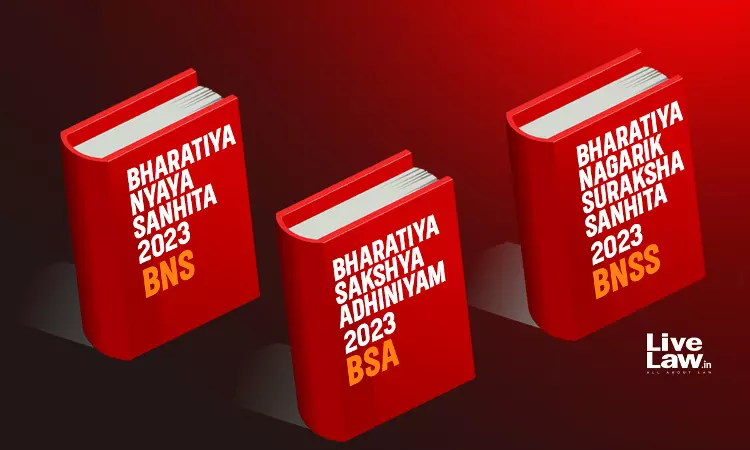The Kerala High Court dismissed a Public Interest Litigation filed by a lawyer challenging the Hindi titles given to the new criminal laws, The Bharatiya Nagarik Suraksha Sanhita, The Bharatiya Nyaya Sanhita and The Bharathiya Sakshya Adhiniyam.The Division Bench comprising Acting Chief Justice A Muhamed Mustaque and Justice S Manu observed that citizens have no fundamental right to demand...

